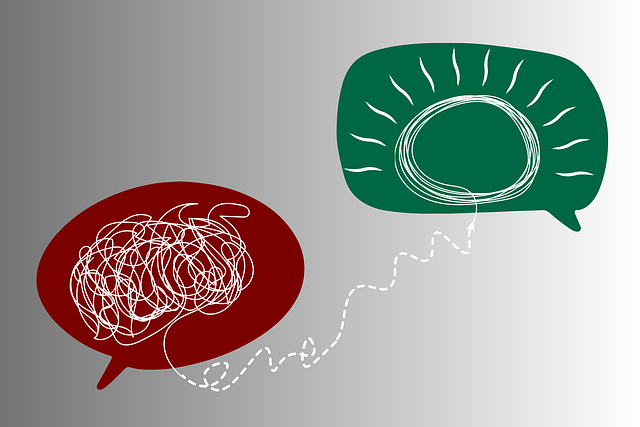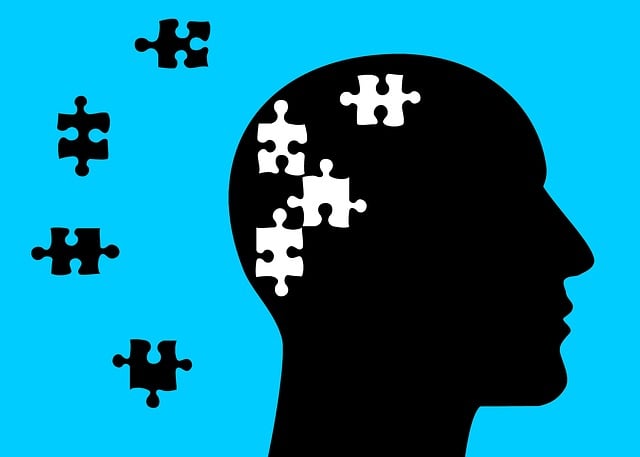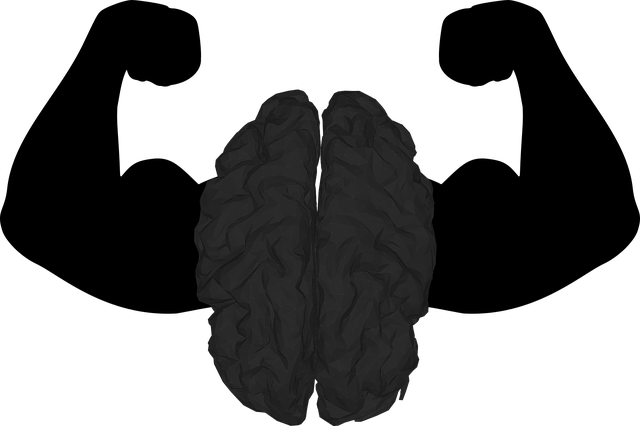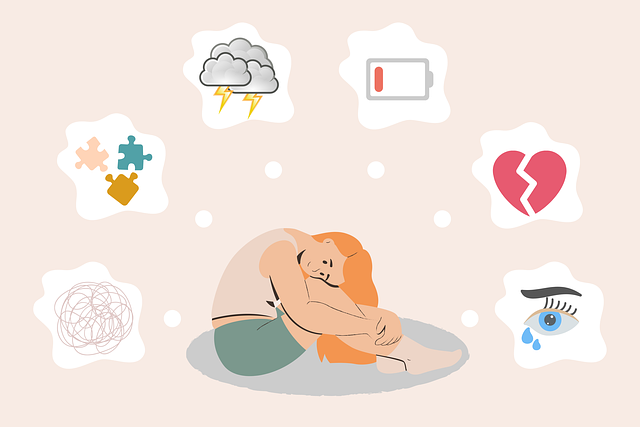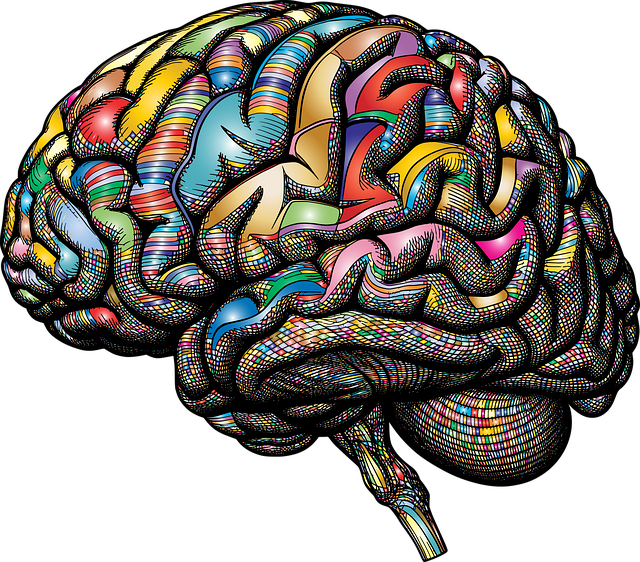Castle Rock Abuse Survivors Therapy (CRAST) equips survivors with essential coping skills and emotional regulation techniques for holistic healing. This approach includes mindfulness practices like meditation, deep breathing, and journaling for self-awareness, helping individuals manage trauma-related emotions. CRAST prioritizes cultural sensitivity in healthcare to offer tailored support, and promotes advocacy for mental health policy access. Post-therapy, robust coping mechanisms, social connections, and cultural resonance enable long-term mental health and recovery for Castle Rock Abuse Survivors.
Castle Rock Abuse Survivors often face significant challenges in their journey towards healing. Understanding and developing effective coping skills is crucial for navigating this process. This article explores the significance of coping skills in the context of Castle Rock Abuse Survivors therapy, providing insights into strategies that foster resilience and long-term recovery. By delving into these techniques, survivors can enhance their ability to manage trauma and build a brighter future.
- Understanding Coping Skills and Their Significance for Castle Rock Abuse Survivors
- Strategies for Developing Effective Coping Mechanisms Post-Therapy
- Nurturing Resilience: Long-Term Coping Skills for Overcoming Trauma
Understanding Coping Skills and Their Significance for Castle Rock Abuse Survivors

Understanding coping skills is paramount for the well-being and recovery of Castle Rock Abuse Survivors. These skills equip individuals with effective strategies to navigate and manage challenging situations, emotions, and memories associated with trauma. By learning and practicing healthy coping mechanisms, survivors can enhance their ability to regulate emotions, reduce distress, and promote resilience. Self-awareness exercises, such as meditation or journaling, play a crucial role in this process by helping individuals recognize and understand their thoughts, feelings, and triggers.
In the context of Castle Rock Abuse Survivors Therapy, emotional regulation is a key focus. It involves teaching survivors how to identify and manage intense emotions like anger, fear, or sadness. Techniques like deep breathing exercises, mindfulness practices, and cognitive reframing can empower individuals to respond to triggers constructively rather than reacting impulsively. Additionally, healthcare provider cultural competency training is essential to ensure that therapists offer culturally sensitive support tailored to the unique needs and experiences of Castle Rock Abuse Survivors.
Strategies for Developing Effective Coping Mechanisms Post-Therapy

Post-Castle Rock Abuse Survivors Therapy (CRAST), developing effective coping mechanisms is paramount to maintaining mental health and avoiding burnout. One strategy involves incorporating mindfulness practices into daily routines, such as meditation or deep breathing exercises, which help individuals stay grounded in the present moment and manage intense emotions. Additionally, fostering strong social connections through support groups or trusted communities can provide a sense of belonging and validation, crucial for trauma recovery.
Cultural sensitivity in mental healthcare practice is also essential. Understanding and respecting diverse cultural backgrounds and beliefs allows therapists to tailor coping strategies that resonate with their clients. Advocacy for Mental Health Policy Analysis and Advocacy ensures access to comprehensive resources and services, addressing systemic barriers that may hinder effective coping post-therapy. These integrated approaches empower survivors to navigate challenges and thrive in their recovery journey.
Nurturing Resilience: Long-Term Coping Skills for Overcoming Trauma

Overcoming trauma is a journey that requires nurturing resilience and developing long-term coping skills. Castle Rock Abuse Survivors Therapy (CRAST) recognizes that healing is a process that extends beyond immediate survival. Through specialized approaches, CRAST helps individuals rebuild their sense of safety and control, fostering emotional healing processes that empower them to manage stress and adversity effectively.
One powerful tool within the CRAST framework is mindfulness meditation. This practice teaches individuals to stay present, observe their thoughts and emotions without judgment, and cultivate a sense of calm amidst turmoil. By integrating mindfulness into daily routines, survivors can enhance their ability to regulate emotions, make healthier choices, and navigate life’s challenges with greater resilience. Additionally, CRAST encourages the exploration of various emotional healing processes tailored to each individual’s unique needs, ensuring that coping skills development becomes a lifelong journey toward holistic well-being.
For Castle Rock Abuse Survivors, therapy is a transformative journey that equips them with essential coping skills. By understanding and adopting effective strategies post-therapy, individuals can foster resilience and overcome trauma’s lasting effects. Nurturing these long-term coping mechanisms enables survivors to navigate life’s challenges with newfound strength and adaptability. This holistic approach ensures that Castle Rock Abuse Survivors not only recover but thrive in their personal journeys towards healing and wellness.

